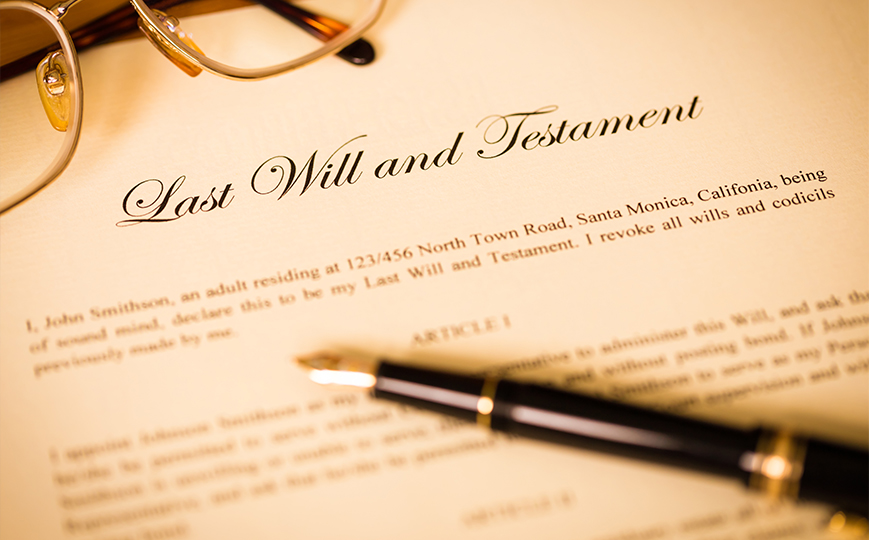how can we help
Wills & Probate
Without a Will in place when you pass away, the legal system decides what happens to your estate, and this may not reflect your wishes. It is particularly important for unmarried couples to make Wills as this is the only way to ensure proper provision for each other on death. Not making a Will could leave your loved ones in a difficult position at what is already a stressful time.
Our probate team work to manage any Will as quickly & efficiently as possible, ensuring constant communication with you throughout the process. We offer a complete service or if neccessary we can provide assistance with specific aspects such as helping you prepare the inheritance tax form or the probate application to obtain a grant of Probate.
highly qualified
specialists


Individual Services
-
Wills
DraftingHaving a will is the best way to ensure that your family are provided for after you've gone. It also enables you to select guardians for your children, decide when they should receive any inheritance and make specific gifts to family, friends or charities
-
Probate
AdministrationWhen there has been a death in the family, our probate team are there to assist you through this sad and stressful time. We are always there to help, handling things with professionalism, care and understanding. We will work to deliver on any Will with efficiency and empathy
-
Succession
ArrangementsIf you are planning to gift either a majority or minority shareholding in a company to the next generation, should you do this in your lifetime or in your Will? Abbott & Co can advise you on the legal matters surrounding this along with any tax implications
-
Disputed Wills
ResolutionThere can, on occasions, be disputes concerning a Will. Our conscientious probate solicitors understand how distressing this can be. Always sensitive to your needs, we will explain the process in plain English and provide support and assistance during this difficult time
comprehensive
local offices

POWERS OF ATTORNEY
LASTING POWERS OF ATTORNEY (LPA)
It is important to consider having an LPA in the event that you lose mental capacity or develop a physical restriction which would stop you managing your affairs. There are two forms of LPAs; a Property & Financial Affairs LPA and a Health & Welfare LPA.
Property & Financial Affairs LPA is for decisions about day to day dealings with your finances, investments and your properties.
The Health & Welfare LPA covers such things as where you should live and who you should live with, your day-to-day care, including diet and dress, and who you may have contact with. It also covers consenting to or refusing medical examination and treatment, assessments for and provision of community services, whether you should take part in social activities, leisure activities, education or training, your personal correspondence and papers and rights of access to personal information about you, including your medical records or complaints about your care or treatment.
Trusts

Trusts & Trustees
Trusts are legal vehicles whereby trustees hold the legal title to assets on behalf of the beneficiaries. Trustees have strict duties in law, to carry out the terms of the trust. Trusts can be useful if you do not want an asset to pass to someone outright and in some cases can prevent an ex spouse from claiming an interest in the trust assets on a divorce. Trusts can be created in your lifetime or under your Will. Since the tax treatment of trusts was altered in 2006, there are effectively two types of trust, a Life Interest Trust and a Discretionary Trust.
Life Interest Trusts are used if you want to give someone (the Life Tenant) the right to the income of an asset during their lifetime but you want the underlying capital to pass to another person after the Life Tenant's death.
Under a discretionary trust, no beneficiary has the right to the income or the capital which are paid to the beneficiaries at the trustees’ discretion. With discretionary trusts, the trust fund does not form part of any beneficiary’s estate when they die for inheritance tax purposes, unless the creator of the trust is a beneficiary of the trust.
Contact Us
We are always ready to help you
If you require advice or assisance with a pending or new dispute, don't hesitate to contact us and we'll endeavour to assist you in any way that we can.
